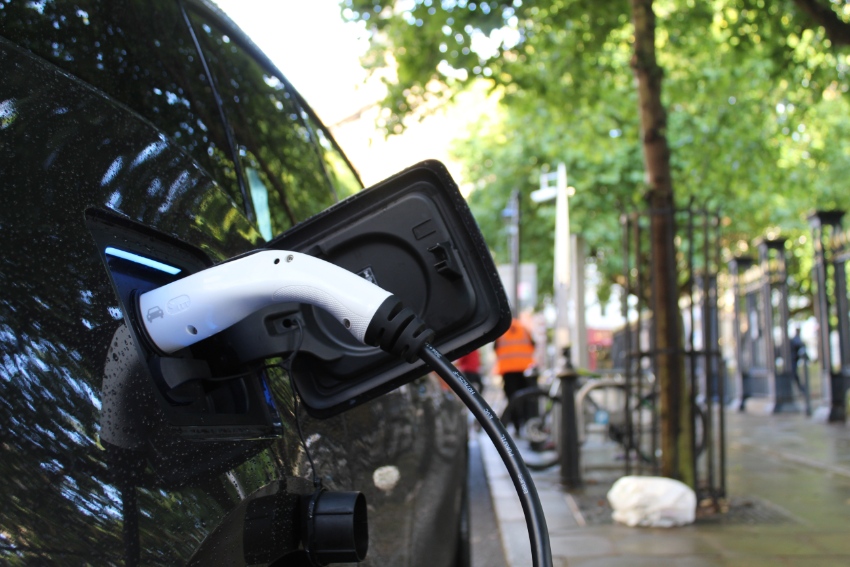LTH is ready to contribute expertise towards the green transition and increased competitiveness
We can now strengthen our contribution towards the green transition through research, external engagement and educating more engineers, writes the Dean of LTH Annika Olsson in view of the news that the Government wants to invest in education and research to strengthen Sweden’s engineering prowess.
– Published 25 September 2023

Every time I talk to representatives of industry about the digital and green transition, two certain topics of conversation are skills shortages and skills provision. I often hear that there is a need for more engineers. It is therefore very good that Sweden’s Minister of Education, Mats Persson, also recognises this need and is paying attention to the wishes of higher education institutions and industry.
Last week, there was good and timely news for LTH, as the Government decided to strengthen Sweden’s engineering prowess through investments in Master’s programmes in Engineering and foundation year programmes, through creating more places within the green transition and by increasing the long devalued “price tag” for university programmes in engineering and science.
As far as LTH is concerned, we are ready to enhance the quality of programmes through more classroom time, and not least by strengthening education environments with more advanced laboratories and infrastructures that can equip the students for their coming professional lives as engineers.
In Sweden, we also need more young people to study to become engineers. I believe many young people today see the necessity for a green transition. With extra places for our engineering foundation year, I am hopeful that more people will choose a future as an engineer in which they can contribute towards a better world – and at the same time undertake fantastically rewarding jobs that affect the development of technology and people’s living conditions.
LTH is well prepared, as since 2022 we have jointly planned programmes alongside Chalmers and Uppsala University that play a key role for the green transition and cover areas such as the electrification of transport systems, battery development and power electronics.
In addition to extra funding for engineering programmes, the Government proposed a long-term investment in research on batteries and the electrification of the transport system, intended for Lund, Chalmers and Uppsala.
This is of great significance for Swedish industry, which is currently implementing its green transition, and for future programmes, which will be able to incorporate the latest research findings in the field. The three universities can now strengthen their already successful research on power electronics, batteries and a fossil-free transport system.
For the Swedish transport sector, the goal is for the vehicle fleet to be completely fossil-fuel free by 2045, with a 70 per cent reduction in carbon dioxide emissions by 2030.
New knowledge and expertise are needed – applied research, the education of engineers and continuing development for professionals – if industry is to take a leading role in the transition to an electrified society.
For me, the Government’s decision is a sign that together we have a good chance to make a difference, for the climate transition and for Swedish industrial competitiveness.
Annika Olsson
Dean of LTH
The article was first published in Swedish, 12 September 2023
